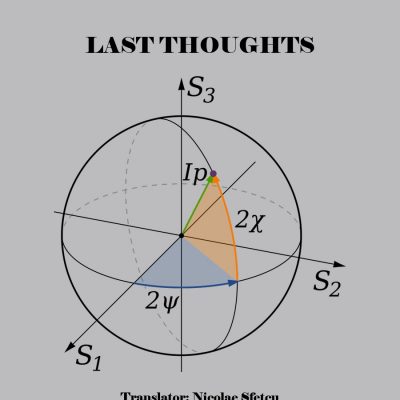The coronavirus pandemic has forced us to rethink the politics of health in the broadest sense. In particular, we have had to confront again that vexed relationship between the state, the dominant social relations and public health. Concepts that may have seemed obscure and or to have fallen out of one academic fashion, such as biopolitics or “naked life”, have leapt from the page and become suddenly irrepressibly pertinent to our everyday experiences. The same could be said about ‘the state of exception’, whose recent popularity recalls the onset of the War on Terror, and now refers to the extreme, authoritarian measures taken to confront the pandemic. At the same time they pose the challenge of how to think about the politics of health from the perspective of the subaltern classes. In view of this challenge I believe that these concepts need to be both problematized and re-elaborated.
The notion of biopolitics, as it was formulated by Michel Foucault, has been a very important contribution to our understanding of the changes associated with the passage to capitalist modernity, especially in regards to the ways that power and coercion are exercised. From power as a right of life and death that the sovereign holds, we pass to power as an attempt to guarantee the health (and productivity) of populations. This led to an expansion without precedent of all forms of state intervention and coercion. From compulsory vaccinations to bans on smoking in public spaces, the notion of biopolitics has been used in many instances as the key to understanding the political and ideological dimensions of health policies.
At the same time, it has allowed us to analyse various phenomena that are often repressed in the public sphere, from the ways that racism attempted to find a ‘scientific’ grounding to the dangers of trends such as eugenics.
The questions regarding the handling of the Covid-19 pandemic obviously raise issues associated with biopolitics. Many commentators have suggested that China made steps towards containing or slowing the pandemic because it could implement an authoritarian version of biopolitics, which included the use of extended quarantines and bans on social activities, which was helped by the vast arsenal of coercion, surveillance and monitoring measures and technologies that the Chinese state has at its disposal.
Some commentators even claimed that because liberal democracies lack the same capacity for coercion or invest more on voluntary individual behaviour change, they cannot take the same measures and this could inhibit the attempt to deal with the pandemic.
However, I think that it would be a simplification to pose the dilemma as one between authoritarian biopolitics and a liberal reliance on persons making rational individual choices.
Moreover, it is obvious that simply treating measures of public health, such as quarantines or ‘social distancing’, as biopolitics somehow misses their potential usefulness. In the absence of a vaccine or successful anti-viral treatments, these measures, coming from the repertoire of 19th century public health manuals, can reduce the burden, especially for vulnerable groups.
This is especially urgent if we recognize that even in advanced capitalist economies public health infrastructure has deteriorated and cannot actually stand the peak of the pandemic, unless measures to reduce the rate of its expansion are taken.
Source: Panagiotis Sotiris, Against Agamben: Is a Democratic Biopolitics Possible? (CC BY-NC 3.0)













Leave a Reply